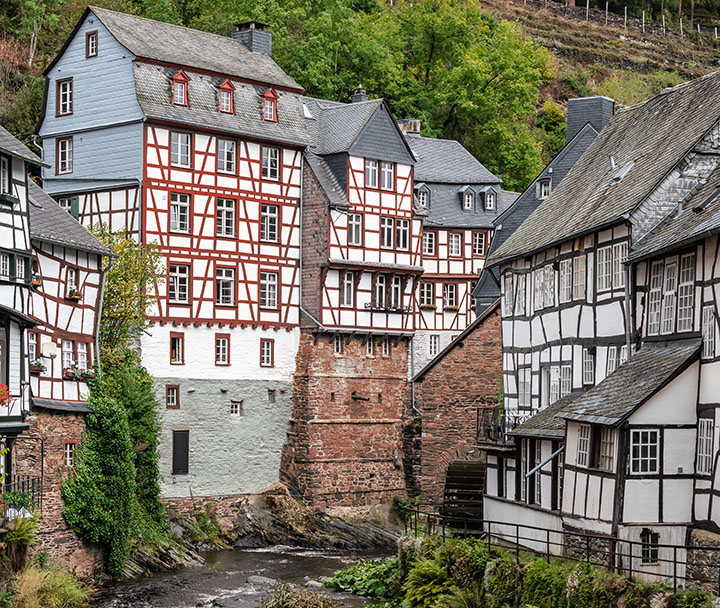The driving force of Europe
Expatica Germany

Explore
Editor's picks

Health insurance in Germany
Explore the best expat health insurance options for Germany, including eligibility for public insurance (GKV) and private coverage (PKV).
Read More

Dating in Germany
Navigate the world of dating in Germany as an expat by understanding the local dating culture, etiquette, faux pas, and more.
Read More

The German education system
Learn about the German education system, including types of schools, financial aid, educational support, homeschooling, and graduating.
Read More






